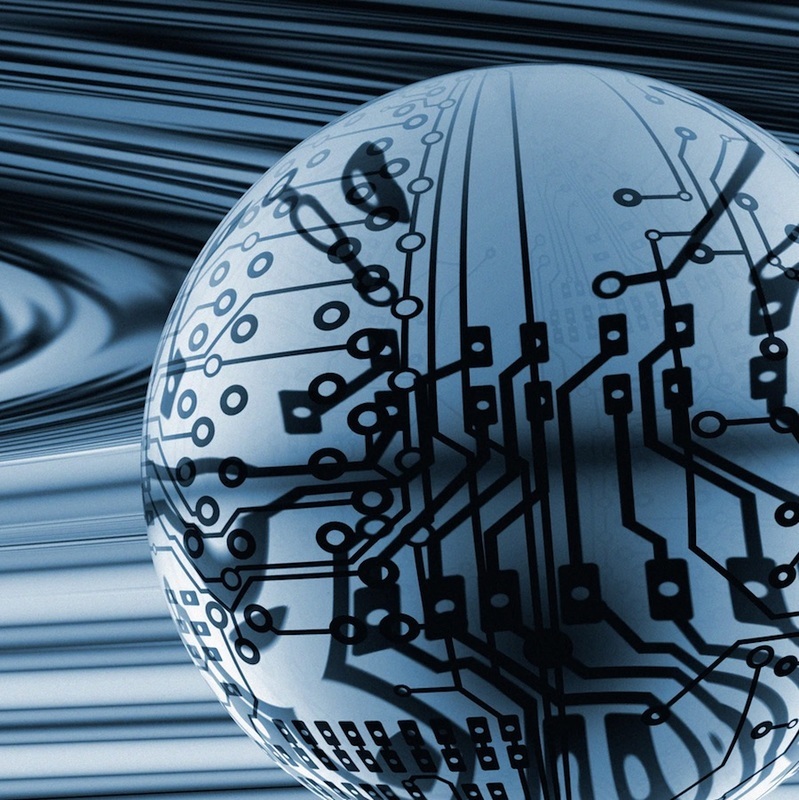
Chinese scientists have built the world's first quantum computing machine that goes far beyond the early classical or conventional computers

Two-dimensional quantum materials with novel electrical and magnetic attributes have been fabricated by physicists.

New state of matter - the first 3-D quantum liquid crystals may have applications in ultrafast quantum computing.

In a big step forward, physicists achieved the first-ever demonstration of storing and retrieving quantum data from the nucleus of a solitary atom embedded in silicon.

Now physicists from the UK have created a blueprint for a soccer-field-sized machine they say could reach the blistering speeds that would allow them to solve problems beyond the reach of today’s most powerful supercomputers.

Advanced photonic nanostructures are well on their way to revolutionizing quantum technology for quantum networks based on light. Researchers have now developed the first building blocks needed to construct complex quantum photonic circuits for quantum networks.

Quantum computing has long seemed like one of those technologies that are 20 years away, and always will be. But 2017 could be the year that the field sheds its research-only image.

Whether quantum computing is 10 years away - or is already here - it promises to make current encryption methods obsolete, so enterprises need to start laying the groundwork for new encryption methods.

Scientists at the University of Sussex have invented a ground-breaking new method that puts the construction of large-scale quantum computers within reach of current technology.

From stationary to flying qubits at speeds never reached before... This feat brings us a little closer to the era when information is transmitted via quantum principles.

Australian scientists have stopped light in a cloud of very cold atoms, a development that provides a essential building block for quantum computing.

An intricately sculpted device is so tiny it can only be seen under a microscope. But their diamond microdisk could lead to huge advances in computing, telecommunications, and other fields.

Scientists have shown they can teleport photons across a city, a development that has been hailed as a technological breakthrough.

A primer on quantum computers. One day they could change the world.

According to a new study, researchers at the Joint Quantum Institute (JQI) at the University of Maryland have created the first programmable and reprogrammable quantum computer.